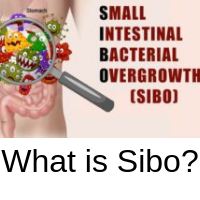
Bacterial overgrowth (sibo) in the small intestine is a common bowel disease. The intestinal flora does not work properly when bacterial growth is high in the small intestine. Bacterial imbalance in the gut can cause swelling, diarrhea and pain. It is more likely to affect women, elderly and people with digestive problems such as irritable bowel syndrome (IBS).

Signs and Symptoms
Symptoms of sibon may include stomach pain, diarrhea and nausea, and the symptoms and symptoms of the sibon are similar to those of other digestive disorders such as IBS and lactose intolerance. It may vary in severity from mild gastric disease to chronic diarrhea, weight loss, and reduced ability to absorb nutrients from food (malabsorption). Sibo directly affects the intestine and causes irritating digestive problems. Symptoms of sibon include:
• abdominal pain
• bloating
• diarrhea
• constipation
• Nausea
• Weight loss without effort
Reasons
This bacterial growth can occur when a part of the digestive tract travels to the small intestine or the bacteria naturally found in the small intestine multiply. People may experience sibo discomfort as a result of the following factors:
• Abnormal and slow movements of the digestive system
• Low stomach acid levels
• Physical abnormalities of the small intestines
• A weak immune system
How Many Calories in Pineapple?
Risk factors
The risk factors for Sibo are higher in some medical conditions, especially in old age and women. Doctors accept the sibis as a complication of the following conditions:
• Cirrhosis
• Crohn's disease
• Celiac disease
• Hypothyroidism
• HIV
• Diabetes
• IBS
• Scleroderma
• Fibromyalgia
• Elderly
• Female being
• Long-acting proton pump inhibitors (PPI) which reduce the production of gastric acid term use
• occurred before intestinal surgery
• the recently completed a course of antibiotics
• Alcohol intake
Diagnostic
Sibo, with varying degrees of seriousness, causes nonspecific symptoms, which can make the diagnosis of the disease difficult. In order to diagnose Siberia, the doctor will question a person's symptoms and medical history, and will search for signs of excessive gas or swelling in the abdomen. If they are suspected of sibods, it is possible to propose a breathing test.
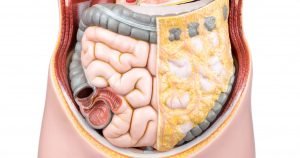
A breath test measures the concentration of hydrogen and methane in a person's breath. The results of this test provide information about the severity and location of bacterial overgrowth in the intestine. Breath testing is performed in this disease because bacteria produce hydrogen and methane when they break down carbohydrates in the gut. These hydrogen and methane molecules enter the bloodstream, go to the lungs and breathe. People should not eat or drink 24 hours before taking a breath test. During the test, the individual regularly contains a sugar lactulose drink before giving the breath to a balloon or a set of tubes. The doctor may need to take samples of blood, urine or intestinal fluid for laboratory analysis if the results of the breath test are unclear.
treatment
Doctors treat sibo by prescribing antibiotic therapy and suggesting dietary changes. People who are ill and unhealthy and do not take water will also need nutrients and fluids that the doctor can provide through intravenous (IV) drops. Broad-spectrum antibiotics can stabilize the intestinal microbiota by reducing the number of intestinal bacteria. Addressing the basic condition is the only way to improve sibo disturbance. Diet changes are useful for managing the slob, but there is little concrete evidence to verify which special diet is the best. Doctors still could not fully understand the role of dietary changes in sibo treatment. People also benefit from the treatment of underlying medical conditions, such as celiac disease or diabetes, which contribute to sibo.Sibo Diet
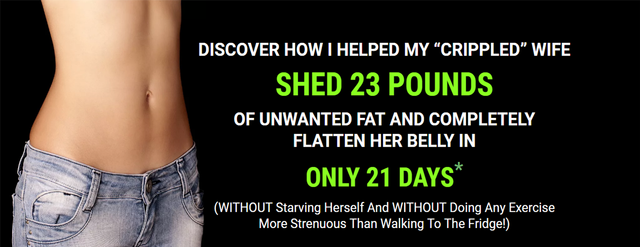
People with sibling can get help from a nutritionist to manage their symptoms. Several dietary guidelines can help alleviate symptoms of sibo. Gut bacteria are fed with carbohydrates. In general, sibo diet limits the intake of carbohydrates to prevent the growth of bacteria. People can also benefit from a diet that is low in fermentable foods or in fodmap diets. Fodmap diet is short-chain carbohydrates that are commonly found in dairy products, cereals, and some fruits and vegetables. Reducing the intake of these foods can help alleviate the symptoms of the syrup and help people identify the foods that trigger their discomfort.
Fodmap diet foods include:
• Oligosaccharides: Wheat, legumes, onions, asparagus
• Disaccharides (lactose) : Milk, yogurt, butter, soft cheeses
• Monosaccharides (fructose and glucose) : Fruits, honey, sugary foods
• Polyols : Fruits containing pits (eg cherries and peaches), apples , mushroom, green beans
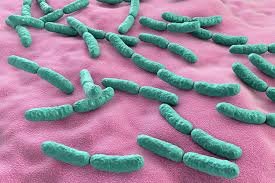
A basic diet is another option for people with sibolu. Basic diet is a liquid-based diet that doctors use to treat severe digestive diseases. This diet enables nutrients to be easily digested, allowing the body to absorb most of the bacteria before feeding them. Although the basic diet seems promising, it is not expensive, complex and sustainable. People are not allowed to eat solid foods or drinks outside of water during the diet. It is very important to talk to a doctor before starting this diet. Different dietary changes may work in different people, depending on how they react to their symptoms and specific foods. People with diabetes can work together with a doctor or nutritionist to manage their symptoms and adapt their diet.
complications
Abnormally large intestine bacterial populations can have a negative impact on the whole body. Bacterial overgrowth can make the body more difficult to absorb fats and carbohydrates from foods. It can also cause vitamin deficiency and excessive gas. Other complications that a person with a partner can experience include: • a leaking gut • malnutrition • slimming • joint pain • constipation • a decrease in brain function due to severe liver disease such as hepatic encephalopathyPrevention of Disease
Many people reported re-experiencing sibo symptoms after months of completion of their antibiotic treatment. Disease prevention is a vital component in managing sibo disease. People often develop Sibo as a result of an underlying medical condition or a physical defect in the small intestine. Addressing and controlling the root cause of suture will reduce the risk of recurrence. Diet and lifestyle changes can also prevent the return of the sibon. Eat plenty of plant-based food, avoid overcooked and sugary foods, allow good bacteria to grow and prevent the overgrowth of unhealthy bacteria. Regular exercise can also help regulate the digestive functions of the body.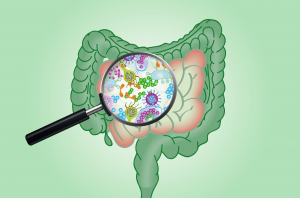
Briefly; Sibo with bacterial growth in the small intestine is a medical condition in which a person has an unusually large bacterial population in the small intestine. Sibo is a complication of other digestive conditions such as IBS, Crohn's disease and celiac disease. Sibo treatments are intended to improve the balance of bacteria in the small intestine. Broad-spectrum antibiotics can treat this condition and some people need to make dietary changes to alleviate their nutritional deficiencies. If possible, treatment should also address the medical condition that causes sibo. Nowadays, medicine still has not been able to solve the problem. Recent and future studies investigating the results of dietary changes in the management of human intestinal microbiome and digestive disorders will have a profound effect on sibo therapies in the future.
https://www.orak11.com/index.php/how-to-control-weight/
Warning !
It is a proposal and Information article that has been compiled from different sources. There is no definitive diagnosis and treatment. Ask your doctor about any health problems. Remember, the treatment methods applied in health problems may vary according to the biology of individuals, hereditary characteristics, age, height, weight differences, allergic aspects and dozens of such conditions. Only your doctor can help you in the treatment of your health problems.
Posted from my blog with SteemPress : https://www.orak11.com/index.php/what-is-sibo/
